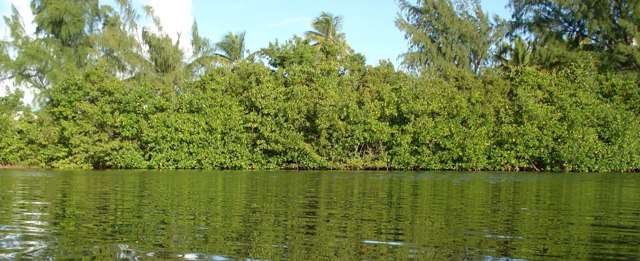
On every February 2nd since 1997 countries around the World observe the adoption of the convention of wetlands in the city of Ramsar, Iran in 1971. Governments, NGOs and communities across the globe use this day to raise awareness and highlight the importance of the world’s wetlands.
The Convention’s mission is the conservation and wise use of all wetlands through local, regional and national actions and international cooperation, as a contribution towards achieving sustainable development throughout the world". (Ramsar COP8, 2002). Presently there are over 150 signatories to the convention with more than 1800 wetland sites designated for inclusion in the Ramsar List of Wetlands of International Significance.
This year’s World Wetlands Day theme "Wetlands and Tourism" is of particular significance to St. Maarten considering that Tourism and tourism related services are the driving force of the island’s economy. Largely unplanned and unregulated development over the past 40 years has lead to the destruction of 14 of St. Maarten’s 19 ponds an alarming three quarters of the island’s wetlands.
"Dutch St. Maarten is in trouble. St. Martin, the French side of the island, is promising in terms
of balancing development with the natural resources. The environmental and ecological quality
of Dutch St. Maarten is threatened by overdevelopment". National Geographic, Traveler, 2009.
EPIC and St. Maarten Pride Foundation will therefore be bringing extra attention to the need to protect St. Maarten’s few remaining wetlands with excursions, clean-ups, tree planting events and other activities planned for the month of February.
The Foundations reiterate their calls for government to pass and enforce environmental and conservation legislation aimed at protecting the island’s remaining wetlands and other ecologically, historically and culturally significant areas for current and future generations of residents and visitors to enjoy.
St. Maarten Pride Foundation
Environmental Protection In the Caribbean

